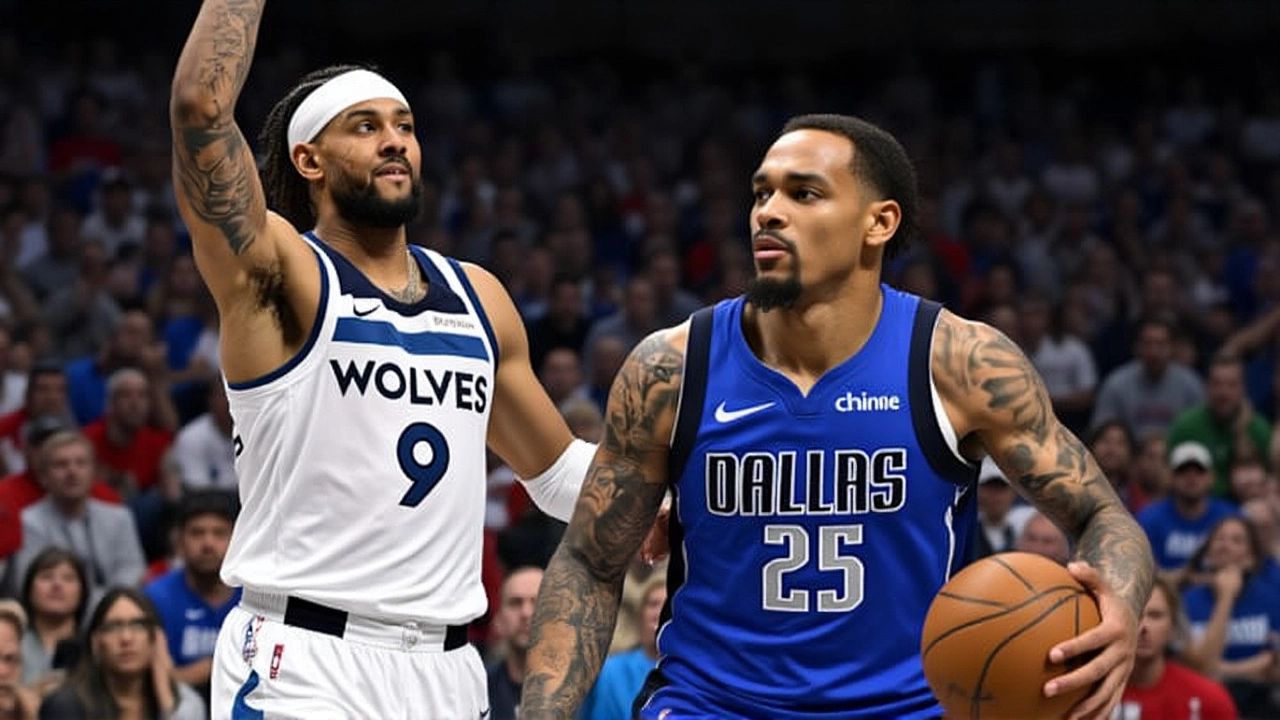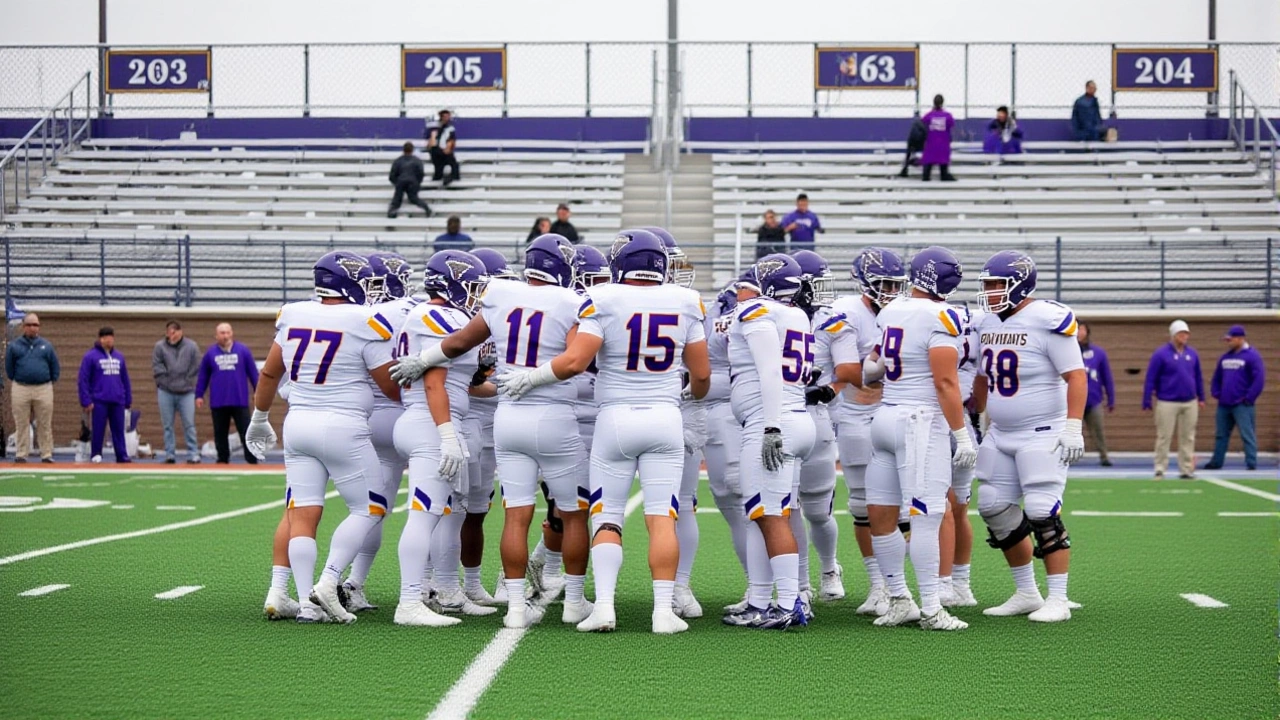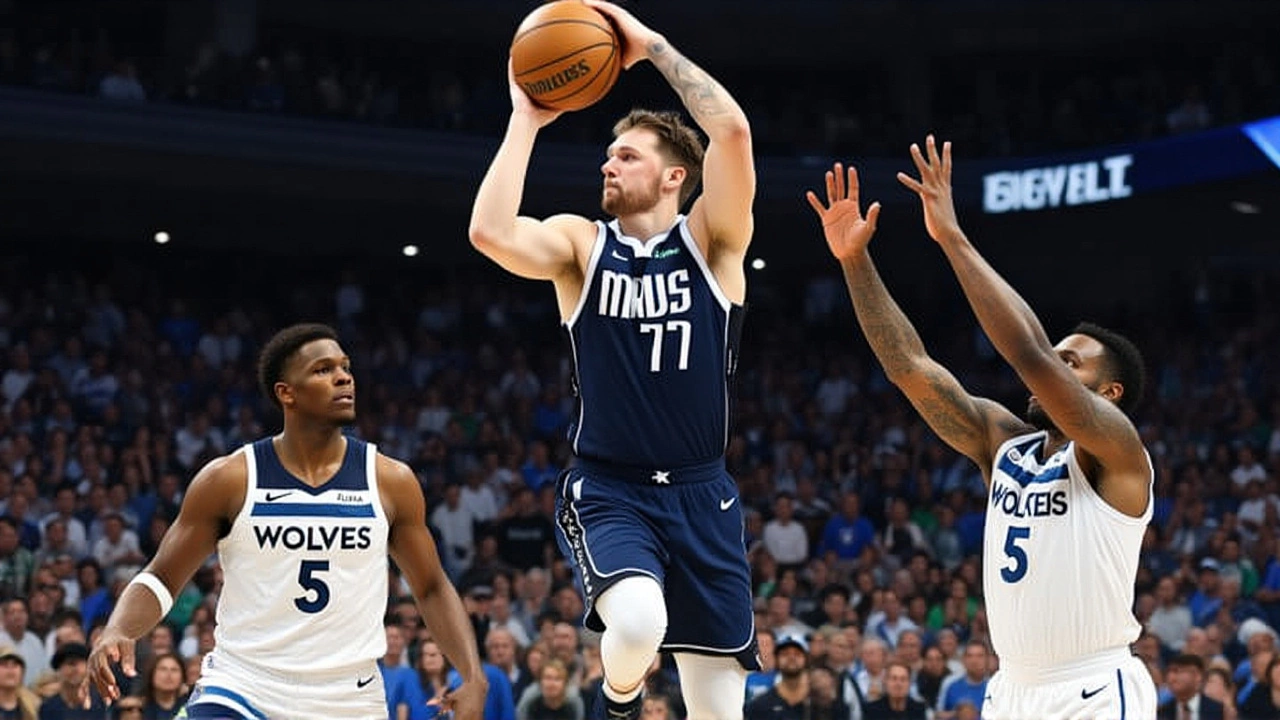Timberwolves Crush Mavericks 120-96 in Dominant Home Win

The Minnesota Timberwolves didn’t just beat the Dallas Mavericks on Monday night — they dismantled them. At Target Center in Minneapolis, the Timberwolves rolled to a 120-96 victory over the road-weary Mavericks, turning what was expected to be a close contest into a statement win. The game, played on November 17, 2025, during the early stretch of the 2025-2026 NBA season, exposed deep flaws in Dallas’s defense and highlighted Minnesota’s explosive offensive firepower. The final score wasn’t just a number — it was a mirror reflecting two teams on wildly different trajectories.
Minnesota’s Offensive Firepower Ignites
The Timberwolves came out like a team with something to prove. Their first quarter wasn’t just good — it was brutal. Scoring 34 points on 62% shooting, they set the tone early, leaving the Mavericks scrambling to catch up. Anthony Edwards, the league’s most electric scorer this season, dropped 27 points in just 30 minutes, attacking the rim with ferocity and hitting key threes when Dallas dared to collapse. Julius Randle was equally devastating, not just scoring 25 points but dishing out 6 assists, often finding open shooters with pinpoint passes. The third quarter was even more one-sided: Minnesota dropped 37 points, turning a 61-44 halftime lead into a 98-66 blowout. Their 50% field goal shooting and 39.1% accuracy from deep were the result of crisp ball movement and relentless drives that forced Dallas into impossible defensive rotations.
Dallas’s Struggles Run Deep
For the Mavericks, this was a nightmare they couldn’t wake up from. Their 21-point first quarter was the lowest output of the season, and they never recovered. Anthony Davis, listed as their leading scorer at 20.8 points per game, managed just 14 points on 5-of-17 shooting — a far cry from his usual dominance. Rookie Cooper Flagg, who had been a bright spot with 15.2 points and 6.6 rebounds per game coming in, was held to 9 points and looked overwhelmed by Minnesota’s physicality. The team’s 31.1% three-point shooting was abysmal, and their 74.3% free-throw accuracy didn’t help when they only got to the line 18 times. Defensively, they looked lost — letting the Timberwolves score 34 points in the paint and allowing open looks from beyond the arc all night.
The Irony of Historical Trends
Here’s the twist: before tip-off, analysts were pointing to a curious stat — the Timberwolves had lost five of their last six games against Mavericks teams with losing records. It was the kind of oddity that made this matchup feel like a trap. But that trend didn’t matter Monday night. Because this wasn’t the same Dallas team. The Mavericks were missing key rotation players due to injury, and their bench was among the league’s weakest. Meanwhile, Minnesota had been quietly building chemistry. The historical stat was a red herring — a relic of past seasons when Dallas still had Luka Dončić carrying them. This version? They were a shell.

Who Played? Who Officiated?
The box score confirmed a deep rotation for both teams. For Minnesota, Jaden McDaniels added 14 points off the bench, and Donte DiVincenzo provided defensive grit. Dallas leaned heavily on PJ Washington (13 points) and Moussa Cisse, who logged 18 minutes as a defensive anchor. The game was officiated by crew 3558, 413140, and 525826 — a trio known for letting physical play slide, which played into Minnesota’s advantage. The Mavericks, already thin, were called for 24 fouls — 10 more than the Timberwolves.
What This Means for Both Teams
For Minnesota, this win pushed them to 10-5 — firmly in the top four of the Western Conference. Their offensive efficiency (120.7 points per game) is now the third-best in the league. Edwards and Randle are forming a terrifying 1-2 punch, and if their defense continues to improve, they’re a real title threat.
For Dallas? This loss dropped them to 4-12. They’re now on a four-game losing streak and have the second-worst record in the West. Their offense is stagnant, their defense porous, and their leadership — without Dončić — is nonexistent. Flagg shows promise, but he’s not ready to carry this team. The Mavericks need to make a move before the trade deadline, or they risk falling into the lottery.

What’s Next?
The Timberwolves next face the Phoenix Suns on Wednesday — a tough test, but one they’re now riding high to meet. Dallas heads to Denver on Wednesday, where they’ll face a Nuggets team that’s been even more dominant than Minnesota. If they don’t fix their shooting and defensive rotations quickly, the rest of the season could be a long, painful ride.
Frequently Asked Questions
How did Anthony Edwards perform in the game against the Mavericks?
Anthony Edwards scored 27 points on 10-of-18 shooting, adding 4 rebounds and 3 assists in just 30 minutes. He was particularly lethal in the first and third quarters, hitting 4 three-pointers and driving to the basket with aggressive finishes. His ability to draw fouls (he went 9-for-10 from the line) kept Dallas’s defense off-balance and helped Minnesota build a commanding lead.
Why did the Mavericks struggle so badly despite having Anthony Davis?
Davis was visibly limited by fatigue and lack of offensive support. He took only 17 shots — well below his average — and struggled to get clean looks against Minnesota’s switching defense. Without a true playmaker to create for him, and with the team shooting just 31% from deep, Davis was isolated too often. He also picked up four fouls in the first half, forcing him to sit and watch as the game slipped away.
What’s the significance of the Timberwolves’ 34-point first quarter?
That 34-point quarter was the highest-scoring opening frame for Minnesota this season and the most points Dallas has allowed in any first quarter this year. It set a psychological tone — the Mavericks never looked like they believed they could come back. Historically, teams that score 34+ in the first quarter win 87% of the time, and Minnesota’s early explosion made this game a formality by halftime.
Did the historical stat about Timberwolves losing to bad Mavericks teams matter?
No — and that’s the lesson. The stat was based on past seasons when Dallas had Luka Dončić and a deep roster. This year’s Mavericks are a completely different team: younger, thinner, and without a true star. The Timberwolves weren’t playing a ghost of a past team — they were facing a rebuilding squad with no identity. Trends like that only matter if the context remains the same — and it didn’t.
How does this win affect Minnesota’s playoff chances?
This win solidifies Minnesota as a top-four seed in the West. With a 10-5 record and the league’s 11th-ranked offense, they’re now among the most dangerous teams in the playoffs. If they can maintain their current pace — especially with Edwards and Randle both playing at All-Star levels — they’re not just contenders. They’re one of the few teams with the depth and firepower to beat the Nuggets or Thunder in a seven-game series.
What’s the biggest concern for the Dallas Mavericks moving forward?
Their lack of offensive identity. Without a true floor general, they’re too reliant on isolation plays and contested jumpers. Their bench is among the worst in the league, and their three-point shooting is unsustainable. If they don’t acquire a playmaker before the trade deadline, they could be looking at a top-5 draft pick — and another year of rebuilding instead of competing.